#AutonomousVehicles
QOTD: Are You Afraid of Autonomous Cars?
We've talked about autonomous cars on the podcast twice in recent weeks.
You Shouldn't Be Afraid of Autonomous Cars, Here's Why
It's podcast time again. This week, we talk with Alex Roy, principal at Johnson and Roy Advisors, a company that provides strategy for companies in the AI, robotics, and transportation space, about why autonomous cars aren't so scary.
British Columbia Outlaws Self-Driving Cars
Americans, especially Californians, have good reason to be skeptical of autonomous vehicles. There have been multiple crashes and plenty of annoying traffic holdups as companies test robotaxis and other vehicles, and now, some Canadians are taking action to prevent similar issues.
Apple Lays Off Hundreds As Car Project Comes to a Close
Notoriously tight-lipped Apple never officially confirmed its autonomous car project, but the tech giant has been making an awful lot of moves for not having started work on one. Documents filed with California’s Employment and Development Department show that Apple recently laid off 600 employees in the state, coinciding with reports that it nixed its car project to focus on other products.
Tesla's FSD Gets a Rebrand and Moves Out of Beta
Tesla’s “Full Self-Driving” (FSD) tech might be under scrutiny from several angles, but the automaker is pushing forward with a plan to bring the system out of beta and into the mainstream. The latest FSD release, version 12, included a name change for the feature, from Full Self-Driving Beta to Full Self-Driving (Supervised), but Tesla’s lack of a public relations department means we don’t have much to go on outside of the name.
AAA: Most People Don't Trust Autonomous Vehicles
Most people in the U.S. are distrustful of autonomous vehicles. That’s the message from AAA’s latest study, which found that a surprising number of people express fear, and many are uncertain about autonomous technology.
Waymo Autonomous Vehicle Set Ablaze By Crowd In San Francisco
Autonomous vehicles don’t have the best track record when it comes to earning and keeping public trust, even in tech-forward California. General Motors’ Cruise is taking a hiatus testing its vehicles after a high-profile crash and recall, and most recently, a Waymo vehicle was set on fire in San Francisco.
Waymo Autonomous Car Hits Bicyclist in San Francisco
General Motors’ Cruise division has been in the news a lot lately, but Waymo has stayed mostly out of the spotlight. That changed earlier this week when one of its autonomous taxis struck a bicyclist in San Francisco, though it appears the situation might have even challenged human drivers.
Updated: Waymo Looks to Expand While Cruise is Down and Out
Updated with new information from Waymo after publication. We corrected dates for the company's Arizona operations, and Waymo noted that its expansion plans are not tied to Cruise's in any way.
General Motors’ Cruise has had a rough few months, ending with it pulling back on autonomous testing efforts across the country. Now, Alphabet’s Waymo is looking to expand, asking the California Public Utilities Commission for permission to grow its services in Los Angeles.
GM Sued San Francisco for Allegedly Inflated Tax Bill
General Motors’ Cruise has had an exceptionally tough 2023, but the company isn’t going down without a fight or, in this case, a massive lawsuit against the city of San Francisco. GM has paid San Francisco $108 million in taxes and $13 million in interest since 2016 and now wants it back.
Rather than taxing GM and Cruise separately, as the automaker claims it should, the city lumped them together, resulting in higher tax bills.
GM's Cruise Laying Off Hundreds to Slash Costs
The hits keep on coming for GM’s Cruise. After high-profile crashes and being forced to temporarily shutter operations in California, the autonomous vehicle unit announced yesterday that it would lay off a quarter of its workforce in a move that sees around 900 people losing their jobs.
Autonomous F-150s May Be On Battlefields of the Future
The Ford F-150 is one of the most popular vehicles of any type in the world, and it has a heavy presence in fleets of all sorts, from police to parks and recreation departments. The pickup is also used extensively in federal government fleets, including the military, where an autonomous vehicle developer has come up with a gnarly F-150 for use way off the beaten path.
Cruise CEO and Co-Founder Steps Down
Cruise is going through some things right now. After one of its robotaxis hit a pedestrian, the company halted all autonomous vehicle operations and issued a recall for many of its units. It also lost the ability to operate in California, its home base, at least temporarily, and now, we’ve learned that its CEO and co-founder has stepped down.
Shocker: Cruise Robotaxis Occasionally Need Human Help
General Motors’ Cruise autonomous vehicle division has had a bumpy few months. A number of frustrating failures have caused massive traffic pileups, car accidents, and even injured pedestrians. There have been so many issues that the company is temporarily halting public testing and has issued a recall for some of its vehicles. Now, we’re learning that Cruise’s robotaxis aren’t as robotic as everyone thought, as the company recently told CNBC that it employs “remote assistant agents” (people) to help the vehicles navigate.



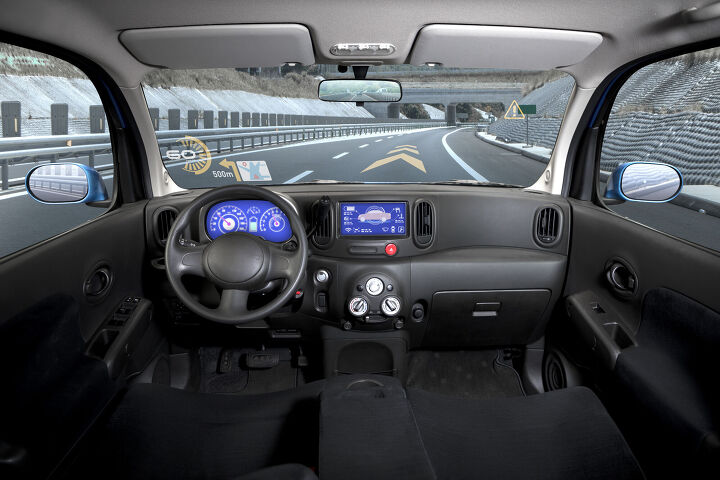
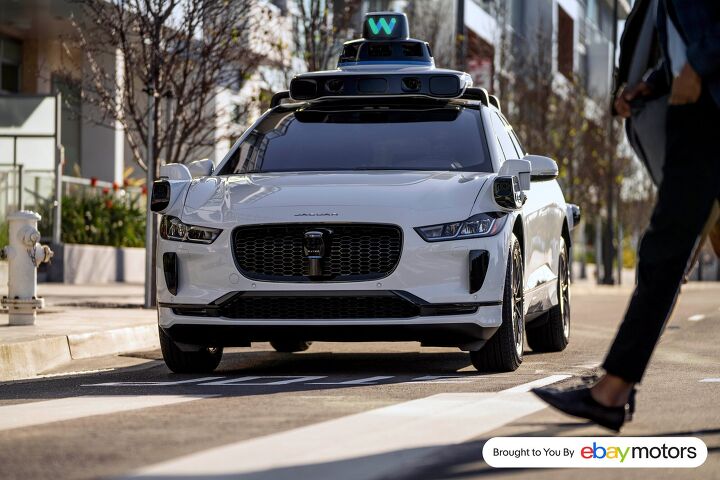
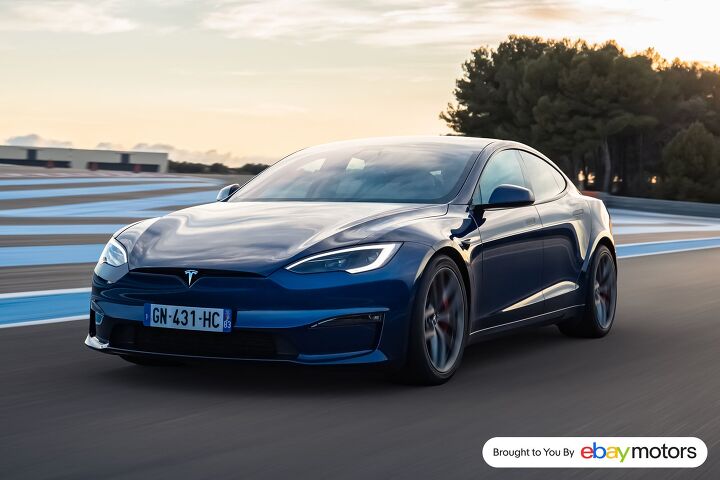

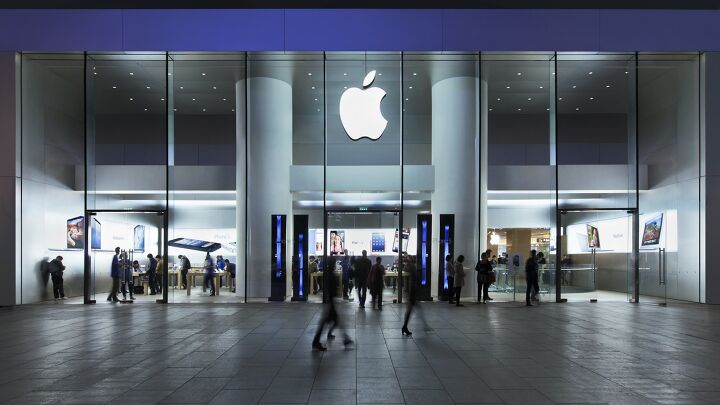
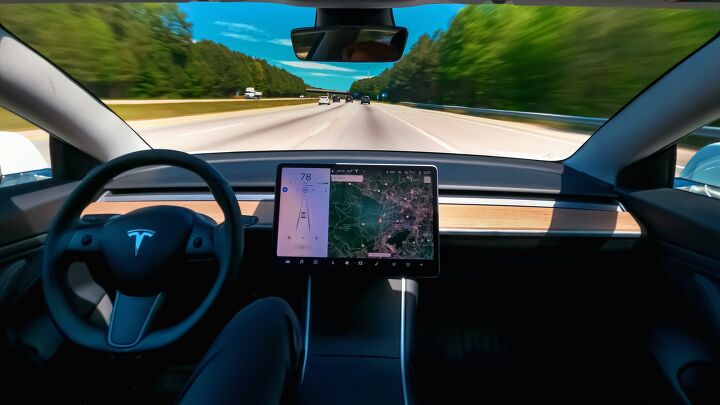
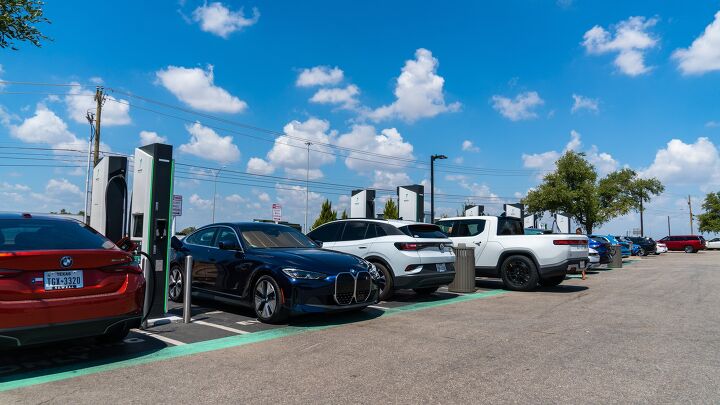

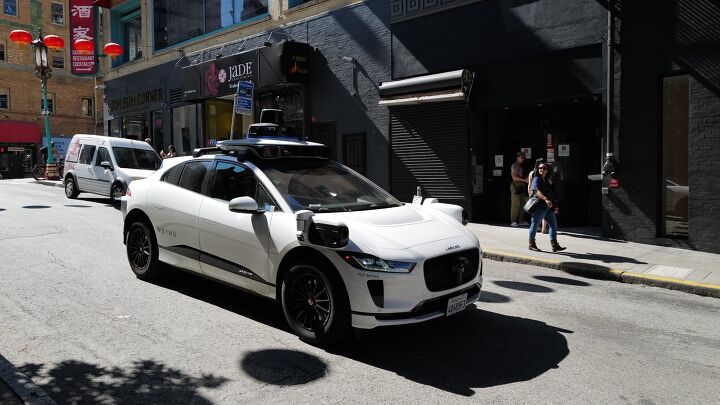
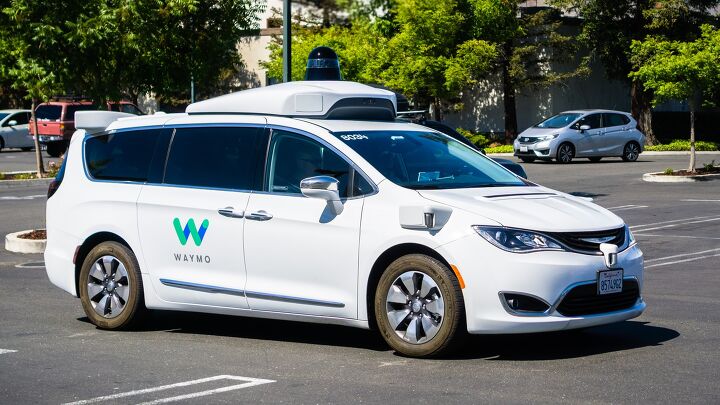
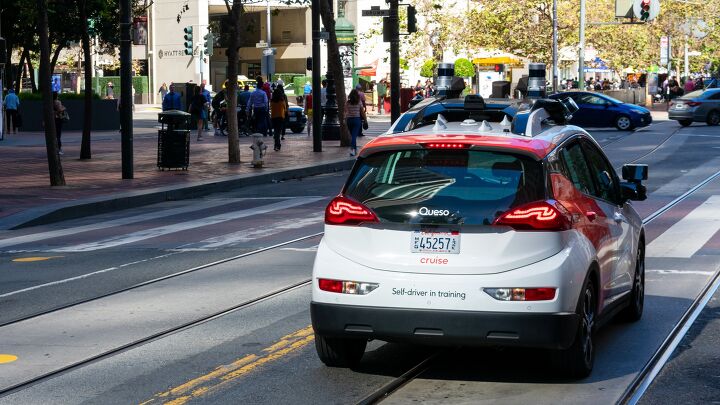
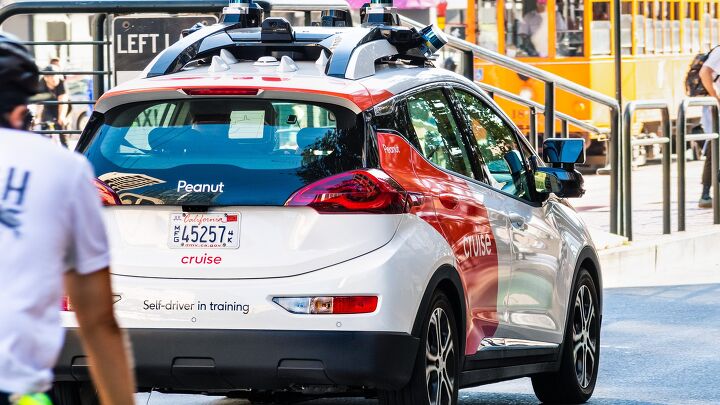
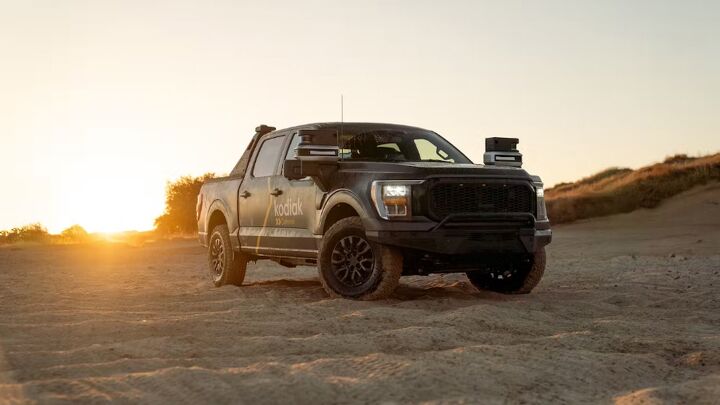













Recent Comments